What to Disclose When Selling Your Home: Stay Legal and Honest
Preparing to sell is all about staging, curb appeal, and pricing. But the single most important (and legally required) step? Accurate disclosures. Being upfront about your home's condition isn't just about protecting yourself from lawsuits—it's about building instant trust, which leads to a smoother closing and fewer headaches.
If you want to sell confidently and ethically, let's walk through what you actually need to disclose. Spoiler: What you don't say can definitely hurt you.
What Exactly Is a Seller’s Disclosure?
A seller’s disclosure is a legal document where you share any known issues or material facts about your property. These are the details that could impact a buyer’s decision, the home’s value, or the safety and integrity of the structure.
Real estate laws vary by state, but the mission is universal: Transparency.
Your Bottom Line: Being open and honest is not just the right thing to do—it's your best (and cheapest) protection against a future lawsuit.
The 8 Categories You Must Disclose
These are the most common things sellers are responsible for communicating. While requirements differ by state, if you know about it, it should be on the form.
Past or Present Water Damage
Previous flooding, drainage problems, or foundation seepage.
Leaking roofs or plumbing issues.
The rule: Even if you successfully repaired it, the buyer needs to know it happened.
Roof Condition & Age
Age of the roof materials.
Any known issues (missing shingles, previous leaks).
Recent repairs or patchwork. (Helps the buyer budget for replacement, prevents major post-closing complaints.)
Structural Integrity
Any issues with the bones of the home, including foundation cracks, settling, or bowing walls.
Known termite, pest, or wood-destroying organism damage.
Major Systems & Mechanicals
Age and condition of the HVAC unit, furnace, and water heater.
Known electrical or serious plumbing issues.
The rule: If something isn't working as intended, disclose it.
Renovations, Repairs, or DIY
Share what upgrades were done.
Specifically note whether permits were pulled for major work. (Protects you from liability if your unpermitted DIY work isn't up to code.)
Environmental or Safety Hazards
Radon, Asbestos, or Lead Paint (required for pre-1978 homes).
Known mold or nearby environmental hazards.
Heads up: Some of these require specific testing or federal forms.
Neighborhood or Property Issues
Property line disputes, easements, or shared driveways.
Ongoing nuisances (chronic noise, persistent drainage issues).
Insurance Claims & Home History
History of fire, flood, or significant storm damage.
Any significant insurance claims filed. (This information helps buyers get accurate insurance quotes.)
Why Honesty is Your Best Policy (and Legal Shield)
Seller disclosures are not meant to scare buyers away; they're meant to establish trust. Buyers expect minor issues; they just don't like surprises.
A well-completed disclosure actually increases buyer confidence because it shows you’ve paid attention and have nothing to hide.
Being upfront:
Protects you legally
Reduces negotiations (buyers feel more confident)
Speeds up the transaction
Prevents deal fallout after inspection
Buyers don’t expect perfection—they expect honesty.
Your Actionable Disclosure Strategy
Don’t guess. If you're unsure about the age of a system, state "Unknown." Stick only to what you know as fact.
Provide documentation. Include records for repairs, updates, and maintenance. More paper = less liability.
Be thorough. When in doubt, disclose. A small, honest detail is better than a big, hidden one.
Consult your agent. Real estate agents are disclosure experts and have the state-specific forms you need. Use them.
Final Takeaway: Protect Your Peace of Mind
Selling your home is a big deal. When you complete your disclosures honestly and accurately, you're not just crossing a T; you're protecting your peace of mind and setting the stage for a positive, stress-free closing. You're selling a home, not a problem.
